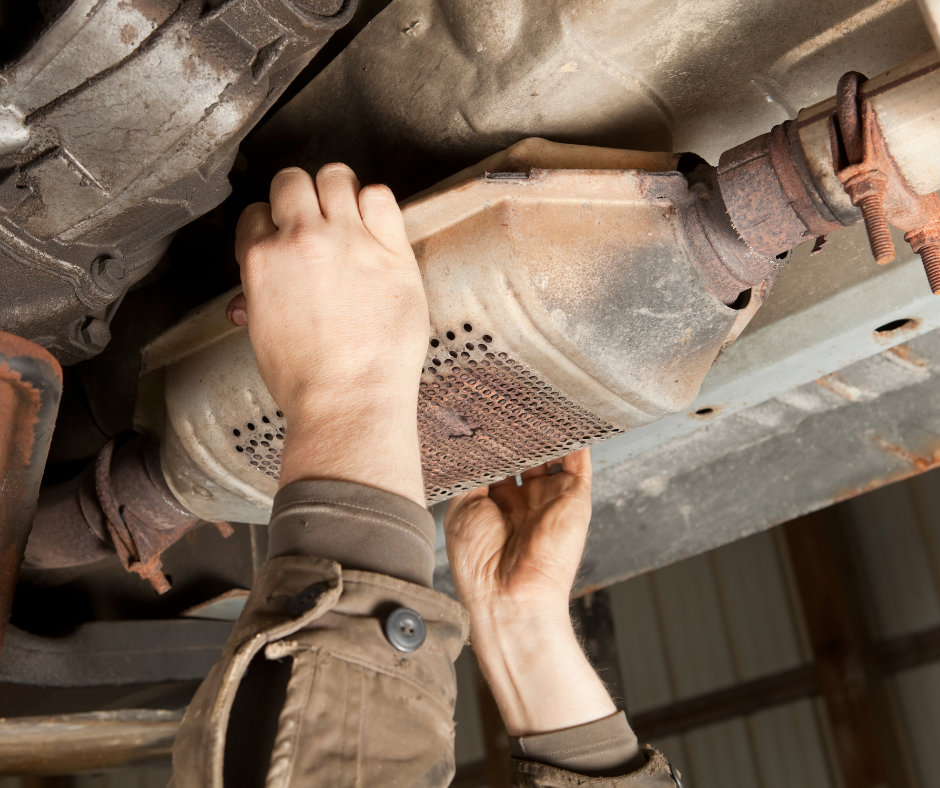
Lexington County deputies see rise in catalytic converter theft
One of the most valuable parts of your car – and an item of high interest to thieves – might be under it.
A catalytic converter is a device on the underside of a vehicle that reduces environmental emissions. Required on all cars that operate in the U.S. since 1975, catalytic converters contain expensive precious metals such as platinum, palladium and rhodium.
“It’s the precious metals, particularly platinum, that have made catalytic converter thefts something law enforcement around the country have had to tackle,” Lexington County Sheriff Jay Koon said. “People cut them from underneath a car and take them to scrapyards for a quick buck. The scrapyards have the platinum and the bad guys have easy cash.”
Deputies responded to 144 catalytic converter thefts between July and December last year. The department received reports of 55 catalytic converter thefts during the same months in 2019, according to Koon.
“Our crime analysts are working hard to determine a pattern, a geographic area or a day of the week when these happen,” Koon said. “So far, it’s all very random other than locations with a lot of vehicles, such as a corporate motor pool lot, parked row after row. Even with a fence and other security measures, it’s quick and easy for thieves to hit multiple cars at the same time without being seen.”
High-profile vehicles such as trucks and SUVs are prime targets because they have more clearance between the exhaust system and the ground.
Koon warned even family sedans and sports cars parked in a driveway aren’t immune to catalytic converter theft and offered the following tips:
• Park where your car will be visible. Park under lights after dark or near windows at a business. Park near security cameras, if possible.
• If your catalytic converter is a “bolt on” model, have the bolts welded shut.
• Ask your mechanic about installing a catalytic converter protection device.
• Etch your converter with your vehicle’s identification number and license plate number in several different locations.
According to South Carolina law, it is illegal to intentionally damage property for the purpose of obtaining nonferrous metals. If damage to the property is less than $5,000, the crime is considered a misdemeanor punishable by a fine or up to three years in prison, or both. If the damage to the property is $5,000 or more, the crime is considered a felony punishable by a fine or up to 10 years in prison, or both.
Koon said anyone with tips on catalytic converter thefts or scrapyards illegally processing their trade for cash can share tips anonymously by calling 888-274-6372 or using the Crimestoppers app.







